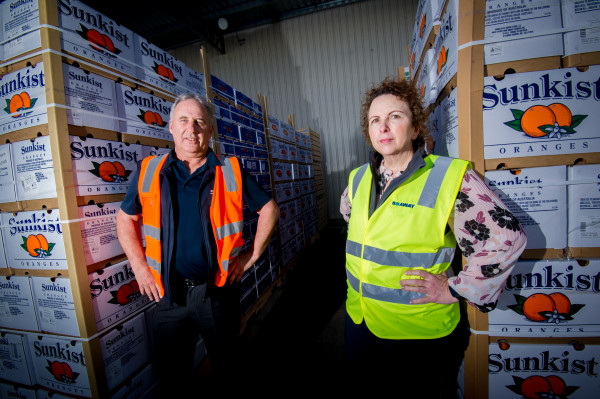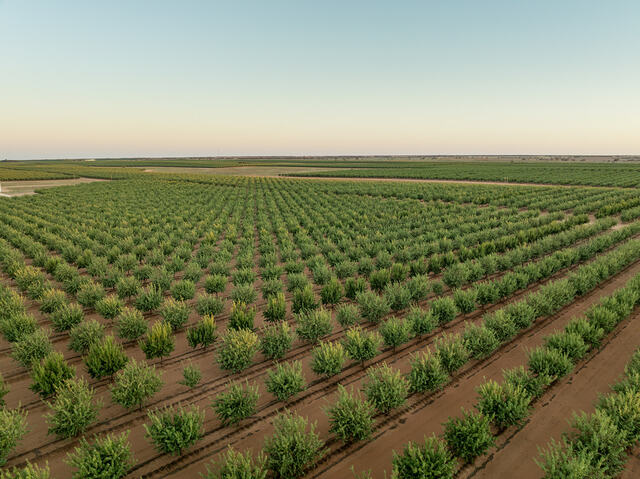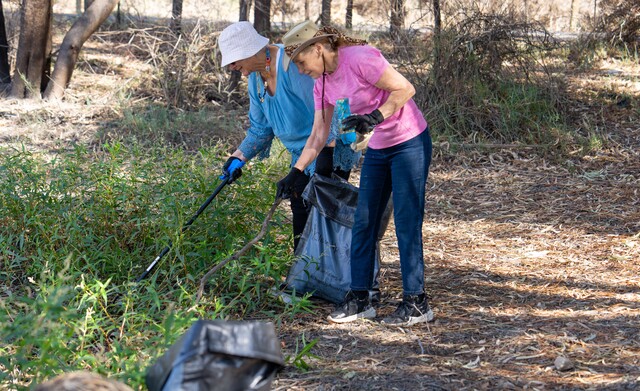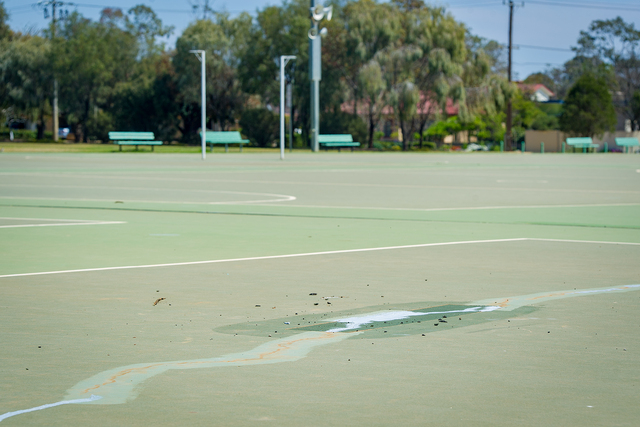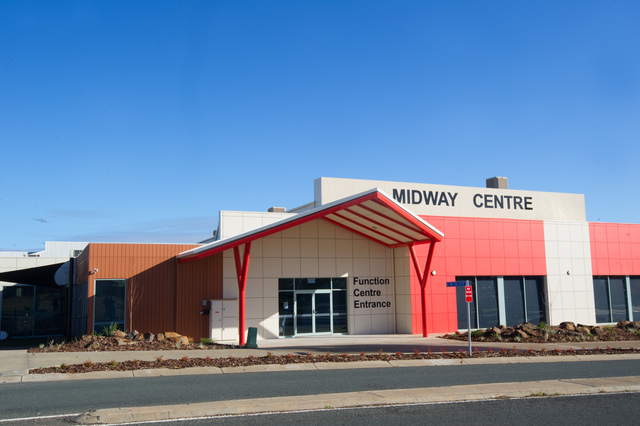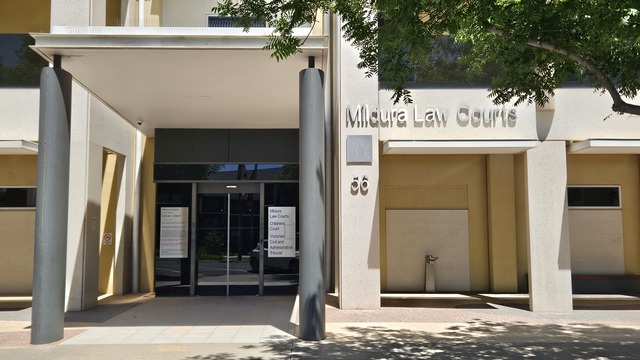SHIPPING schedules to export markets “severely disrupted” by COVID-19 are slowing down the citrus harvest in Sunraysia.
Mildura Fruit Company (MFC), which received and packs citrus for 130 growers across the region and as far away as Griffith and South Australia, has had to slow down the amount of fruit it is accepting from growers as boxes of fruit pile up at its Mildura packing facility.
“It’s really difficult to rely on vessels coming in on a regular basis to the Port of Melbourne,” general manager Perry Hill said. Ships were “frequently” delayed and some chose to skip Melbourne entirely.
“We’ve got many hundreds of packed pallets ready to load and are unable to shift the stock as quick as we would like because of shipping issues that are out of our control.
“That’s putting a lot of pressure on us moving stock out in a timely way.”
The company, which ships primarily to Asia but also New Zealand, Canada and the US, has faced disruptions throughout the COVID-19 pandemic, but with this year’s citrus harvest reaching its peak, MFC is facing its big challenges, Mr Hill said.
Last year there had been disruptions to the supply chain, but this year the issue had been “compounded” by COVID restrictions in export markets and a shortage of shipping containers and space on outgoing vessels.
With more demand on shipping, the “more lucrative” shipping routes were often prioritised, he said.
“Australia’s probably getting left behind a bit in terms of having enough containers and vessels servicing our markets,” he said
Delays are also putting extra costs onto growers, with the costs of shipping almost “doubling” in some cases.
“There’s good demand for the containers and the space on vessels and short supply, so unfortunately the cost of shipping a container overseas is jumping up all the time,” he said.
It is difficult to pass those costs on, because “if a consumer can’t afford to buy an expensive Australian orange, they won’t buy it”, he said.
“Ultimately the cost is worn back in Australia.”
In order not to add more stock to an already large inventory of packed product, MFC has had to slow down the amount of navel oranges coming in.
“We’ve had to initiate more strict harvest quotas to put bit of a lid on fruit coming in to the shed in the last couple of weeks and this week as well,” he said.
“We’re probably 10 per cent restricting at the minute.
“We’re not holding (growers) up overly much, but it is enough to cause us concern and we have shared this with our growers.
“There is some uncertainty and we have had discussions internally — will the season go longer? Is the fruit going to hold up?
“We’re hopeful that the system will start to clear in the coming weeks.”
For head of logistics company Seaway Intermodal Ros Milverton, changes to shipping schedules have become a daily juggling act.
“It’s definitely put significant pressure on the supply chain … you need the ability to constantly react with daily changes,” she said.
“The vessel schedules are … being put forward or put back by a few days or a week, or sometimes two weeks.”
Sometimes a ship will decide to bypass Melbourne entirely.
“That really puts the pressure on on the (supply) chain. You’ve got to find alternative spots to place that fruit, and when you’re dealing with a perishable product that’s quite challenging.”
Meanwhile, any disruptions add to the build-up of stock.
“This time of the year, we (would normally) be sending 150 to 170 boxes of citrus (a week). You only need to have one week where you only send 50, and all of a sudden you’ve got you’re starting to accumulate stock,” she said.
“That’s when it puts pressure on cool room space around the district.”
And citrus isn’t the only commodity facing challenges with shipping.
Almond and wine shipments have also been affected, she said.

